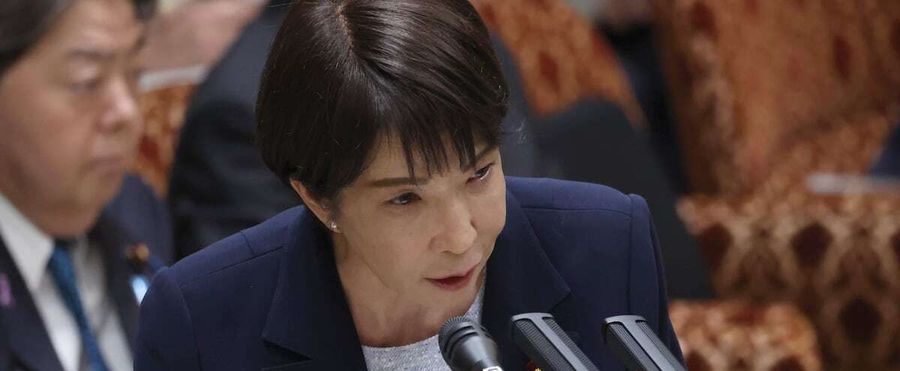The Japanese government is reevaluating its commitment to the "Three Non-Nuclear Principles." These long-standing principles, adopted in 1967, prohibit Japan from possessing, manufacturing, or allowing nuclear weapons on its soil. The discussion is currently under review, causing considerable debate on the implications of such a radical policy shift and its potential effects both nationally and globally.
Japan's adhesion to the non-nuclear principles holds significant weight, given the nation's history as the only country to endure nuclear attacks. A large majority of the population prefers maintaining these principles due to this historical context, and any government contemplation towards reviewing these principles sparks extensive public discourse and controversy.
In the US or EU, the discussions over nuclear policy are politically charged and associated with a balance of power in global policy formulations. Nuclear disarmament is generally advocated, but unlike Japan, these countries reserve the right to nuclear weapons as permanent members of the UN Security Council.

